If you’ve recently had professional teeth whitening in North Jersey, you’re likely enjoying a brighter smile. But the work doesn’t…
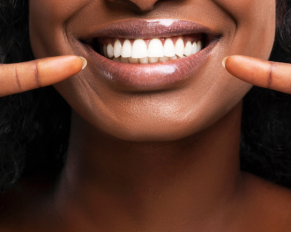
Common Dental Questions, dental care questions and answers, dental health tips, cosmetic and restorative dentistry, dental technology, ask a dentist about teeth whitening

If you’ve recently had professional teeth whitening in North Jersey, you’re likely enjoying a brighter smile. But the work doesn’t…
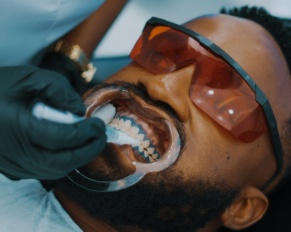
If you’ve been thinking about teeth whitening in NJ, you’re not alone. Everyone wants a brighter smile, and it’s one…
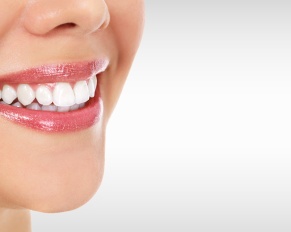
Tooth discoloration is a common concern that can severely impact confidence. It’s totally valid to wonder whether they’re just a…

Everybody loves a nice glass of wine, whether it’s a glass of red at dinner or white on a sunny…

Strawberries are an awesome, natural food that’s delicious and versatile, with a vibrant red color and sweet flavor. A lot…

If you want a brighter smile without invasive, expensive cosmetic dentistry treatments, tooth whitening toothpaste can be a big help.…
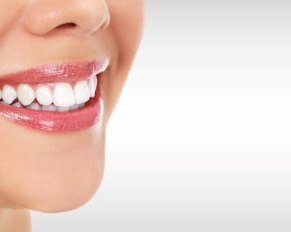
Everybody wants whiter teeth, so it’s not surprising that natural teeth whitening has become incredibly popular, especially when it’s compared…

Thirty percent of people all across the globe suffer from dentin hypersensitivity, more commonly called tooth sensitivity, a common, quite…

Laser dentistry represents a significant leap forward in dental care, offering a blend of precision, reduced discomfort, and quicker recovery…
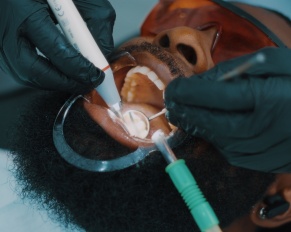
A dazzling Hollywood smile is often associated with the rich and famous, but achieving that perfect set of pearly whites…